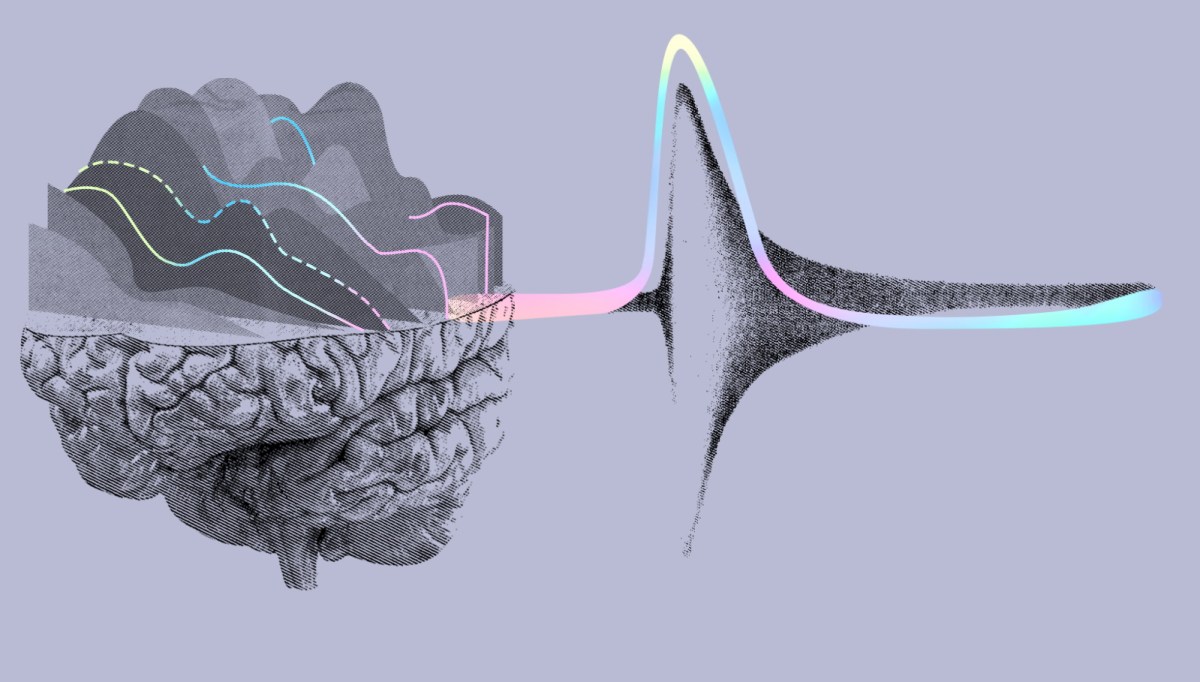No, you don’t need a VPN—unless you’re doing these 4 things

When you’re reading online about PC privacy, you’ll almost always see experts recommend you buy a subscription to a VPN (virtual private network).
And, while it’s true that commercial VPNs, like the ones we review at PCWorld, do work to provide a deep level of personal privacy, a little-known fact is that most people engaging in just casual online browsing don’t necessarily need one.
There are two main reasons for that: First, most people aren’t undertaking activities that would warrant using one. And second, websites use a lot more encryption than they used to, so most offer a satisfactory level of personal privacy and safety.
That being said, there are definite circumstances where a VPN is warranted. Here’re four that come to mind.
Table of Contents
1. You’re trying to get around geofences
You can use a VPN to dodge geofences that restrict you consuming content from regions in the world where you can’t access it.
A common use is for streaming video content outside of your state or country. For example, if you’re travelling in Australia and want to watch your favorite YouTube show from the U.S. but it’s not available in that country, you can use a VPN to make YouTube servers think that you’re streaming from the U.S., so that you can still watch it.
Further reading: Best 5 VPNs for streaming Netflix and other services
2. You’re using public Wi-Fi
The risks to your privacy are high on public Wi-Fi. That’s because public Wi-Fi networks are often hangout zones for cybercriminals that use sophisticated software and tools to spread malware and to gain unauthorized access to user PCs.
A VPN encrypts your data and masks your IP address protecting you from potential eavesdropping by cybercriminals on the same network, so it’s a must-have tool in this case.
3. You’re trying to get around government censorship laws
If you’re living or travelling in a country with strict censorship laws that ban the consumption of certain materials online, or that interfere with personal freedoms relating to your sex, sexuality, race or religion, or free speech, it’s also advisable to use a VPN.
Again, a VPN will encrypt your data and hide your IP address to prevent your online activities and your identity from being seen by authorities. It’s not a failsafe guarantee of online privacy but it’s your best bet for that.
4. You’re an employee or student trying to avoid an organization’s network restrictions
It is possible for a VPN to help you bypass an organization’s network restrictions to do something that is blocked… say, watch YouTube videos at school or work by encrypting your traffic and routing it through a server in a different location.
Although, I should note that these kinds of activities are done at your own risk and could result in disciplinary action by the organization if you’re caught.
Further reading:






